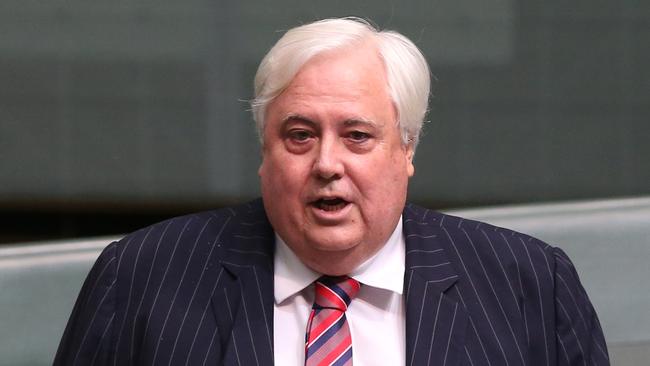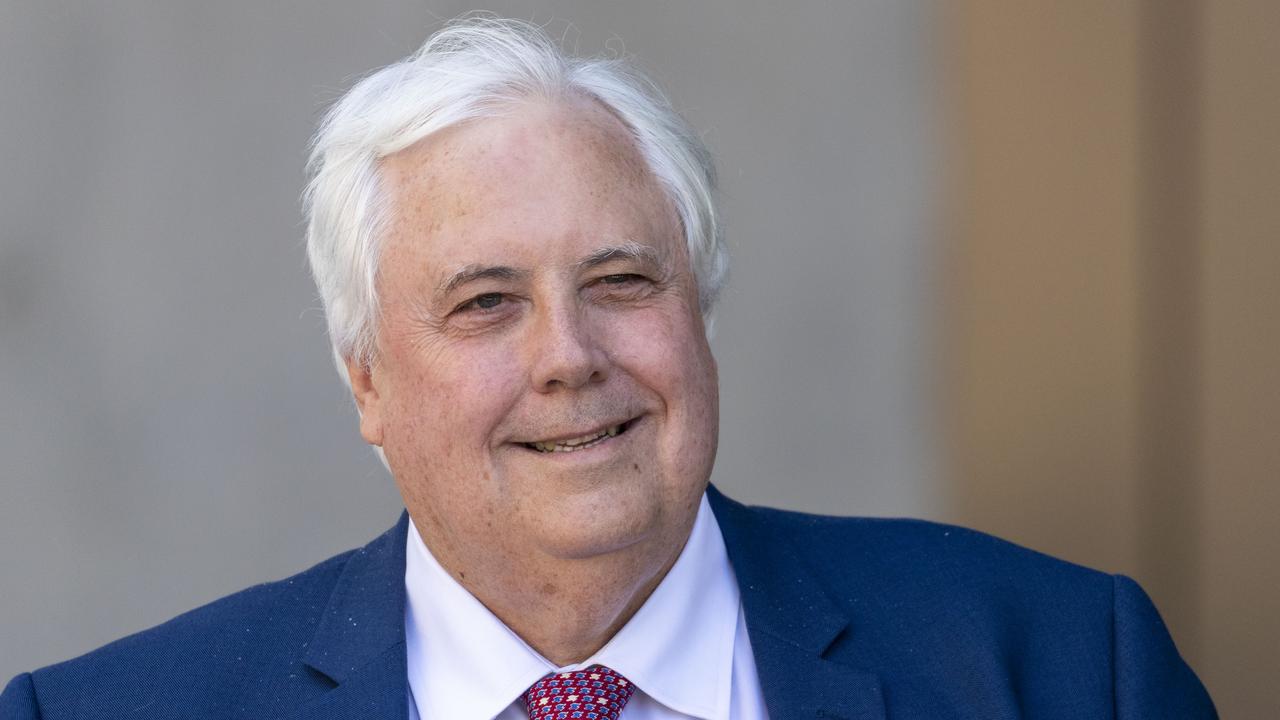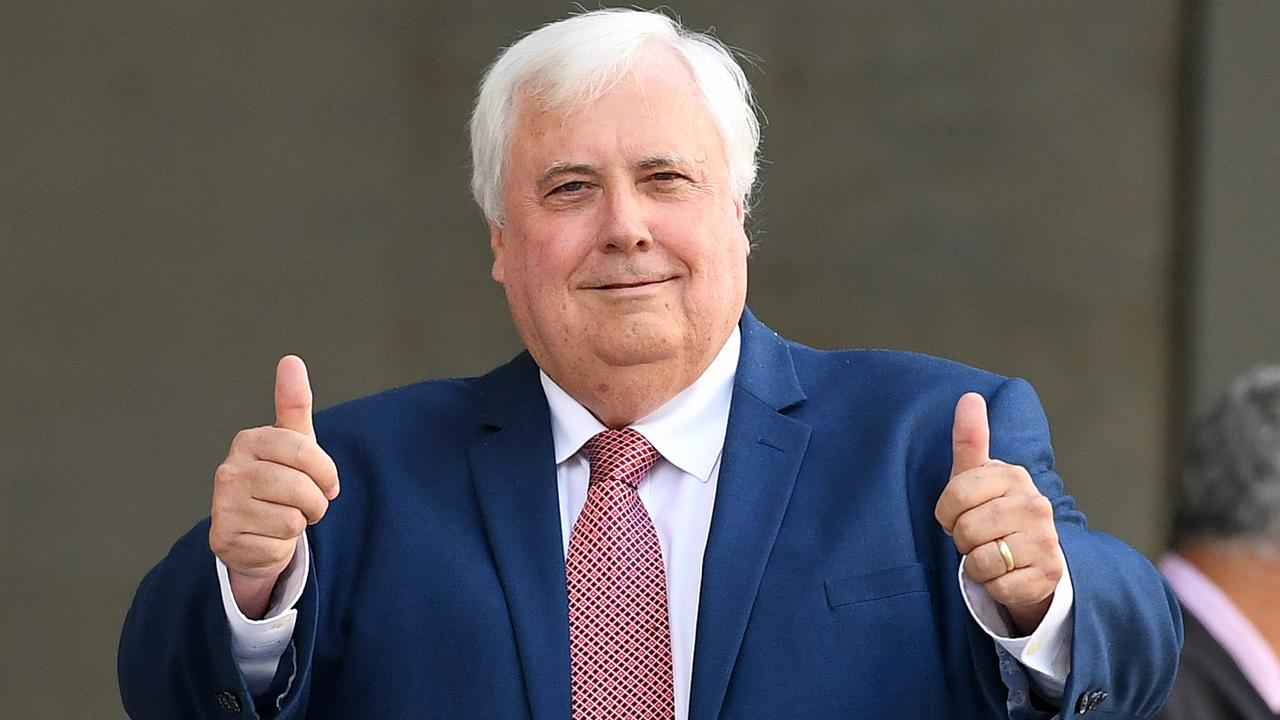New Caledonia seeks Clive Palmer escape over nickel sales
Nickel miners in New Caledonia are trying to develop export markets to China in case Clive Palmer’s refinery shuts.

Nickel mining companies in New Caledonia are desperately trying to develop export markets to China for fear the main buyer of their ore, Clive Palmer’s Townsville smelter, could shut.
But they report mysterious “political” obstacles erected by the territorial government of the French colony, which in most cases is not providing export permits, enabling the federal MP’s business to continue as the dominant buyer.
Executives of two of the companies yesterday told The Australian that if Mr Palmer’s Queensland Nickel closed, as company officials had said it might without a state government bailout, it could lead to hundreds of workers losing their jobs in New Caledonia.
“It could be a big social problem short-term, for sure,” said Xavier Gravelat, general manager of Societe Miniere Georges Montagnat and president of the association representing New Caledonia’s five mining companies.
“You could see troubles for the east coast, and it could be very hard for New Caledonia.”
New Caledonia, about 1500km northeast of Brisbane, accounts for a quarter of the world’s reserves of nickel, used, among other things, in the fabrication of stainless steel.
It exports about 4.5 million tonnes of nickel, mainly to Japan, South Korea and Australia. While this covers the two types of nickel, the high-value laterite type is concentrated on the east coast of the main island of Grande Terre, and most of that is exported to Queensland Nickel.
Mr Palmer’s Townsville operation was expected to buy $152.8 million worth of ore from New Caledonia this financial year. Last week the Queensland government refused to guarantee a $35m loan to Queensland Nickel, with Treasurer Curtis Pitt saying it would set “an alarming precedent”.
Up to 800 Australian workers could lose their jobs. If the New Caledonian government does allow more alternative export deals, many of those jobs could go to smelters in China.
Mr Palmer remains in the grip of a legal battle with his estranged business partner, the Chinese government-owned company Citic.
As revealed by The Australian yesterday, court affidavits show Mr Palmer met key officials of the New Caledonian government, including President Philippe Germain, last month. While New Caledonia is French sovereign territory, its elected territorial government enjoys a large degree of autonomy and has authority over exports.
Mr Gravelat said that in August Mr Palmer wrote to the territorial government saying Queensland Nickel would like to buy more ore from New Caledonia. But local mining companies have for some time been eager to diversify their export markets, initially so as to be able to develop more competition in price. They are now even more fearful of being reliant on financially troubled Queensland Nickel, which accounts for varying proportions of each company’s exports and in some cases the lion’s share. “Regrettably, we have no alternative market now,” Mr Gravelat said. He added this exposed companies to “a high risk”.
The mining companies had applied to the territorial government for export permits to China, but in all but one case had been knocked back. Mr Gravelat described the government’s position as inexplicable. “To be frank, we find it a bit difficult to understand,” he said. “It’s really a political decision, because there is no economic justification for that.”
Mr Gravelat said the mining companies had been intrigued by Mr Palmer’s manoeuvrings with the territorial government, but had received no explanation as to the purpose of the meeting last month.
Didier Grosgurin, the head of another mining company, MKM, said it had taken an enormous battle for him to get the territorial government to allow him to strike an export deal with a Chinese company, JinPei. “The government didn’t want to allow that, they wanted us to just keep trading with Queensland Nickel,’ he said.
The French embassy in Canberra declined to comment. Mr Palmer and Queensland Nickel did not return The Australian’s calls.


